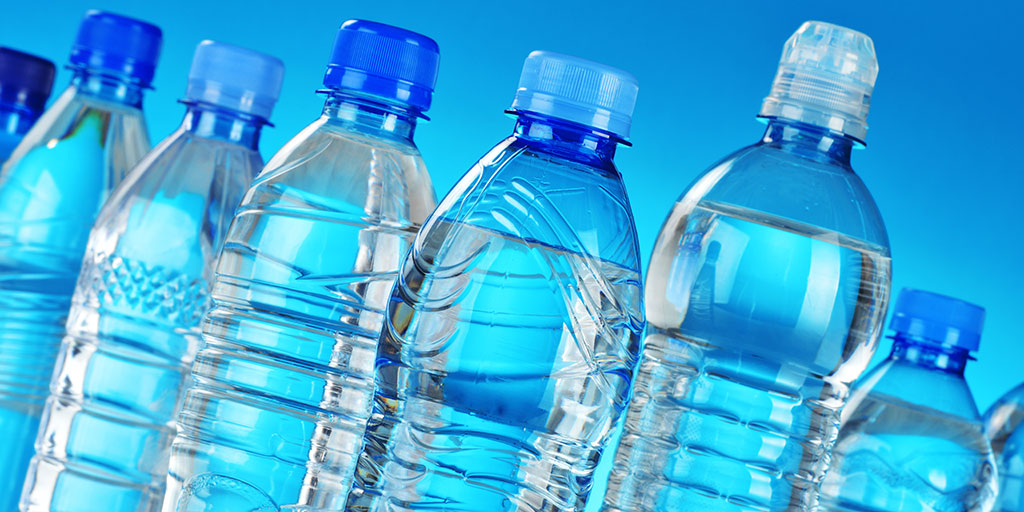
Water is an essential commodity. It is necessary for the survival of every living thing on the planet. The problem is that it is also surprisingly scarce, the planet’s surface is 71% water, yet only 1.2% of the available water can be consumed by humans.
It’s little wonder that some places still struggle to have clean water supplies. With an increased awareness of water scarcity, what the water treatment plants add to the water, and environmental pollutants, more people are turning toward bottled water.
However, this isn’t necessarily the best solution as plastic water bottles can carry chemicals that are harmful to your health.
In fact, if you want to ensure you’re drinking safe, clean water, you should have a chat with the suppliers of the best water filters Melbourne. This will reassure you as to how a water filter can remove pollutants and help to keep you healthy.
Plastic Water Bottles And BPA
You may have heard of BPA. It’s short for bisphenol A and is a common ingredient in many different plastic materials. In fact, BPA has been used since the 1950s and it’s not just in water bottles, it is also found in the plastic that wraps your food.
The issue with BPA, as with any chemical, is that it is in direct contact with your food. The wrapping touches the food, the bottle touches the water.
When two things are in direct contact, it’s possible for particles to migrate from one item to the other. In the case of BPA, this means it migrates from the bottle into the water inside. You then drink the water and are consuming BPA.
Why Consuming BPA Is An issue
BPA is considered a toxic chemical. When it enters the human body it is capable of penetrating cells and moving around the body. This allows it to change the ways cells behave and even make them become abnormal.
Research shows that BPA in the body will increase the likelihood of various conditions, including cancer, infertility, heart disease, diabetes, and can cause weight gain. It is also known to cause brain function issues. Studies suggest a link between BPA and Alzheimer’s. In addition, consuming BPA while pregnant can damage the development of the fetus, leading to an array of potential issues.
BPA behaves very similarly to the hormone estrogen. That means that the body doesn’t see it as a threat that needs to be dealt with. Unfortunately, this allows BPA to move around your body and cause issues.
Diabetes and weight problems linked to BPA are because t influences the amount of insulin produced, reducing the effectiveness of your body at utilizing glucose and encouraging its storage as fat.
How To Avoid BPA
Despite research showing the risks, BPA is still found in many products. This includes plastic water bottles, plastic baby bottles, cans, food wrappings, eyeglass lenses, and even CDs.
As you can imagine, it is hard to completely avoid BPA. But, you can limit its ability to enter your body by rethinking what you eat and drink.
In short, opt for fresh produce and avoid anything pre-packaged. When storing water in bottles use a glass water bottle. You’ll actually notice the water tastes better. If you need to use a plastic bottle then choose one that is designed to be reused and contains no BPA.
You should note that BPA is considered soluble, this is what allows it to move between compounds. It’s particularly easy for it to move when it’s heated. Therefore, plastic water bottles left in the direct sun are more likely to encourage the movement of BPA into the water and then into your body.
It is worth noting that any bottle without BPA is likely to have different chemicals in it to maintain the stability of the bottle. That means you’re consuming other chemicals which haven’t yet been fully researched and maybe even more dangerous than BPA.
In short, stick to glass bottles and a good water filtration system and you can confidently use water directly from your faucet.
Other Chemicals
BPA is the most famous of the chemicals found in water bottles but it’s not the only chemical. Plastic is made from a variety of chemicals and any of these can migrate into the water and then into your body.
The proof of this is the fact that plastic particles have now been found in the blood and respiratory system of humans. Perhaps the real question is how long is it before these plastic particles create a real problem for human health?
Leave a Reply